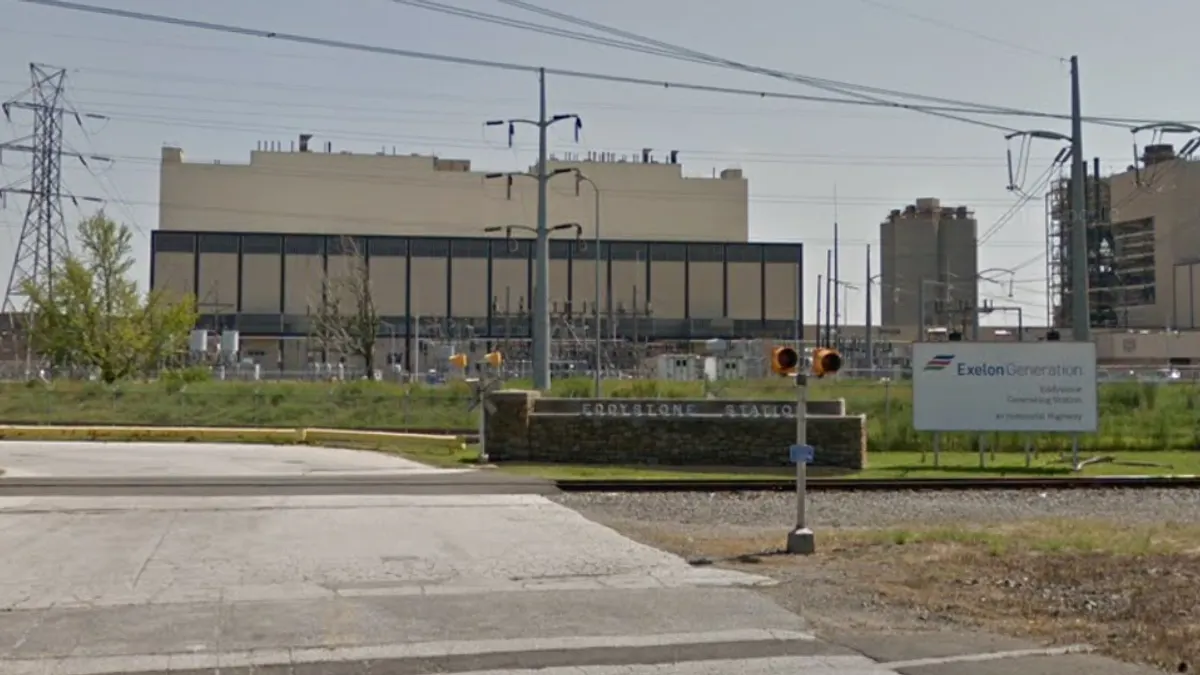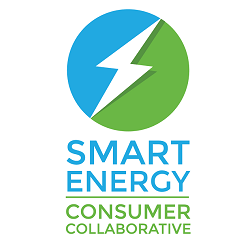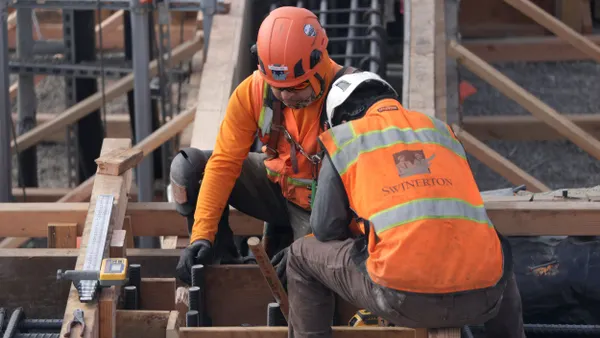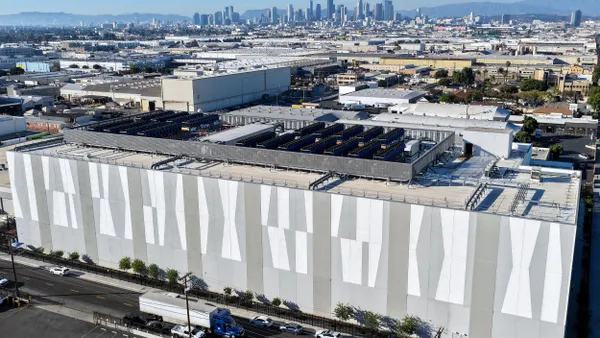Dive Brief:
- The New York Public Service Commission is rolling out an expanded retail demand response program, mandating payments to customers who reduce their load, which will be available in some areas of the state as soon as next month.
- All of the five utilities operating outside of New York City will need to have the dynamic load management programs available by July 2016; Consolidated Edison already offers demand response.
- Customers can receive incentives for a thermostat and then payments for responding to 80% of the utility's calls to scale back electricity use.
Dive Insight:
New York is pushing ahead -- some might say rushing -- with demand response as envisioned in the state's Reforming the Energy Vision proceeding. "Implementing distribution-level demand response programs throughout the State represents a major step forward," the commission said in an order last week, towards "enabling two-way transactive markets for energy and capacity on the distribution system between customers."
Consolidated Edison already has demand response, and so the commission's decision will really impact New York State Electric & Gas; Rochester Gas & Electric; Central Hudson Gas & Electric; Niagara Mohawk; and Orange & Rockland Utilities.
RTO Insider reports that commission members were not united in the decision, however.
Commissioner Diane Burman, who issued a partial dissent, cautioned regulators may be moving too quickly and said she would have opted to delay implementation a year. “Are we doing this to rush it, and at the end of the day we’re not going to be successful?" RTO Insider quoted her. "And we’ve mandated something, rather than carefully analyzing it."
Chairman Audrey Zibelman acknowledged the speed of the rollout, but said the industry was anxious to get moving on the demand response program.
Under the plan, if a customer supplies their own thermostat they would receive a one-time payment up to $100 followed by annual credits, up to $50, for allowing the utility to reduce power consumption during events. Utilities may offer a direct-install option as well, giving the thermostat to customers free of charge.
Regulators estimated the dynamic load management program would cost about $4 million this year, across all impacted utilities. The bulk of that figure - half - comes from Central Hudson's territory-wide implementation of a direct load control program.














